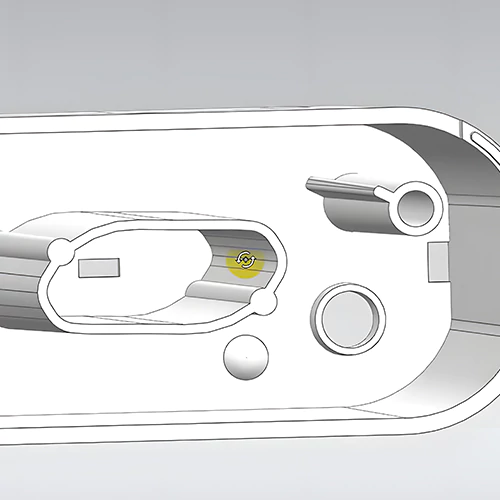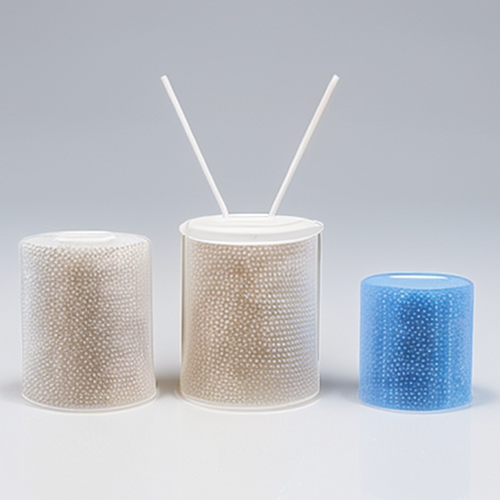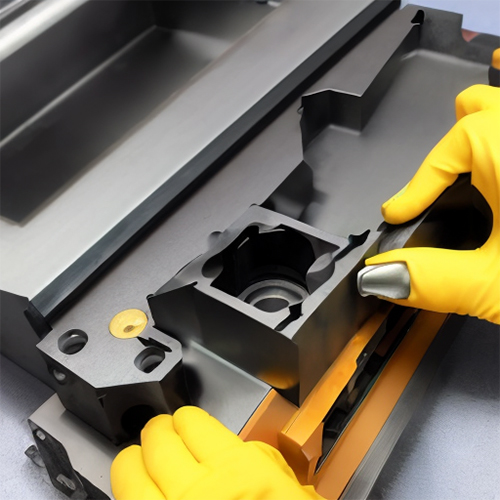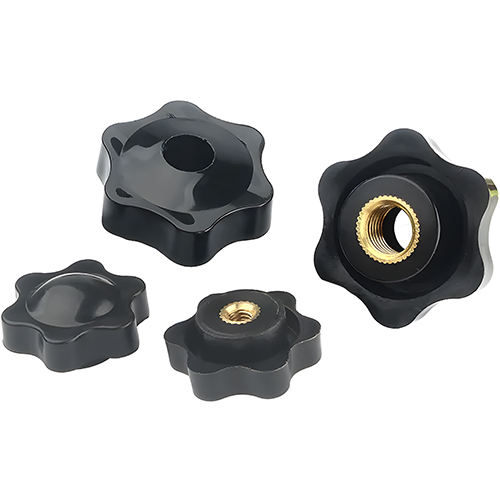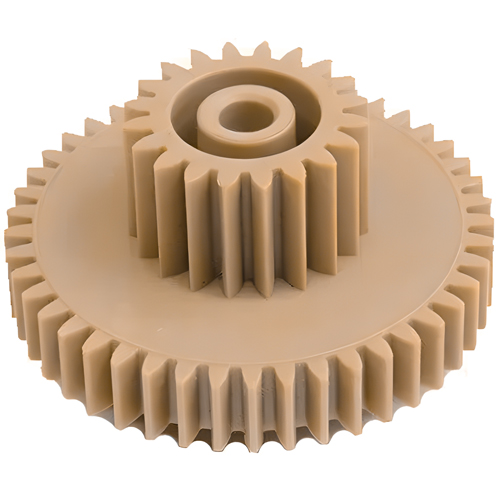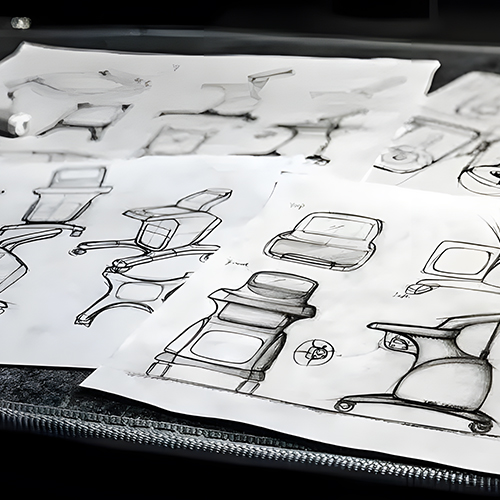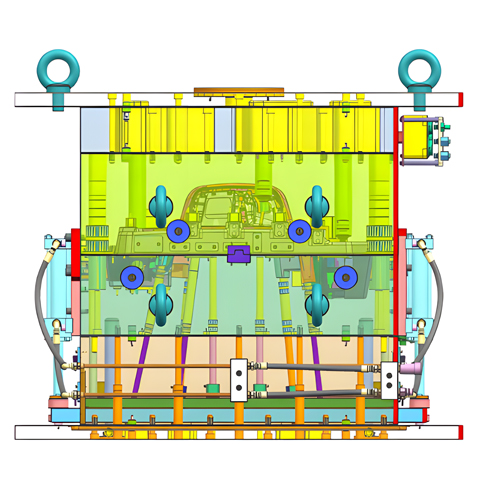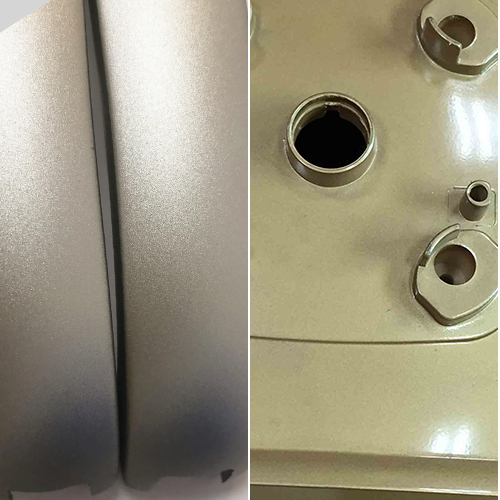Stack molds emerge as unsung heroes in a manufacturing landscape that constantly craves higher outputs and smarter solutions. Imagine having two or more mold faces neatly tucked into a single porta-moldes, working together like a synchronized dance.
This is where the magic of stack molding happens, effortlessly multiplying production without demanding extra space or machinery. If you’re curious about how this revolutionary technology called molding stack can bring precision and efficiency to your processo de moldagem por injeção, you’re in the right place.
Let’s dive deeper into this dual-mold technology and its use in professional manufacturing.
Why Stack Molding?
Let’s start with the why. Stack molding offers a treasure trove of advantages, making it a game-changer in plastic production.
- High Yield: Imagine doubling or even tripling your plastic product output without expanding your factory. With stack molding, that’s a reality. These molds are built for longevity, ensuring substantial profits for years.
- Mass Production of High-Quality Products: The beauty of stack molding lies in its cavidades múltiplas. This feature allows you to produce various plastic items to meet demand. No wonder it’s gaining popularity among manufacturers.
- Lower Production Costs: More output, less expenditure. Stack molding not only boosts production but also trims costs. Plus, quality isn’t compromised when the process is executed correctly.
- Perfect for Mating Parts: Stack molding is your go-to method for joining plastic parts using threads. It seamlessly accommodates various designs, making it a top choice for product engineers aiming to achieve more in fewer runs.
- Limited Cooling Time: But that’s not all. Stack molding has another ace up its sleeve – no need to extend cooling times. When you use injection stack molds, all the plastic products in different cavities dry and form simultaneously. This not only saves energy but also cuts down on your bills.
How Stacked Molding is Performed?
Now, let’s dive into how stack molding is performed. The process revolves around dual-mold technology, where two or more mold faces are stacked atop one another. This stacked cavity mold configuration allows simultaneous molding on both sides, significantly boosting production efficiency.
The key to this method’s success is its ability to create multiple-layer molds. These molds can simultaneously produce different plastic products using different materials and colors. It’s a game-changer, offering precision, efficiency, and cost-effectiveness like never before.
Here’s a simplified step-by-step breakdown:
- Design: Begin with a meticulous design of your multiple-layer mold. Ensure each cavity is precisely configured to meet your production needs.
- Seleção de materiais: Choose the materials for your plastic products and multi-stack mold construction. This step is critical for achieving the desired quality and functionality.
- Moldagem por injeção: The magic happens here. Inject the molten plastic material into the stacked cavity mold and let the dual-mold technology work wonders.
- Cooling and Ejection: The simultaneous cooling and ejection process is a standout feature of stack molding. Once the plastic products are formed, they can be efficiently cooled and ejected without extended waiting times.
- Controlo de qualidade: As with any manufacturing process, quality control is vital. Ensure that your plastic products meet the required standards.
- Repeat: Stack molding’s efficiency shines when it comes to mass production. Repeat the process as needed to meet your production targets.
Applications of Multi-Stack Mold
Let’s explore the myriad applications that harness this innovative technology to craft exceptional plastic products.
Injection Molding Enhancement
Injection molding has long been celebrated for its precision and high-quality output. Stack molding takes this excellence up a notch. Imagine crafting intricate plastic components with unparalleled accuracy. From intricate gears for machinery to intricate toy parts, the injection molding stack ensures each piece is flawless, matching design specifications to the T.
Medical Marvels
Stack molding plays a pivotal role in the production of medical tools. The healthcare sector demands impeccable quality, and stack molding delivers. Whether creating sturdy syringe components or intricate surgical instruments, stack molding’s ability to maintain adequate wall thickness ensures the utmost reliability and safety.
Consumer Plastic Brilliance
When you unwrap your favorite snack or sip a refreshing beverage, you might not realize that stack molding played a part in creating the packaging. Stack molding shines in crafting consumer plastics, ensuring the containers that house your food and drinks are functional and aesthetically pleasing.
Caps and Closures Galore
Have you ever twisted off a cap or popped open a closure without a second thought? Chances are, stack molding was at work. With the high demand for these small but vital components, stack molding offers the ideal production method.
From caps for cosmetic products with sleek designs to robust closures for industrial containers, stack molding adapts effortlessly, crafting these necessities with varying wall thicknesses.
Stack molding showcases each application’s prowess in delivering consistent, high-quality results. Production engineers, well-versed in the intricacies of this method, orchestrate the process. They understand how to navigate stack molding’s complexities and avoid common pitfalls, ensuring the creation of exceptional plastic products.
Design Guide for Effective Stacked Cavity Mold
Designing an injection molding stack demands meticulous attention to several key aspects. Let’s delve into these design standards to ensure top-notch production:
Mold Injection Pressure
Assess if the injection pressure aligns with your molding requirements to guarantee efficient molding. An injection molding stack often employs corredor quente technology, necessitating higher plastic injection pressure due to increased process flow and projected area. Ensure it matches the injection stack molding machine’s rated pressure.
Plastic Flow into Mold
Combine pressure checks with computer simulation flow analysis to determine the required injection pressure for your plastic parts. Compare this with the machine’s rated pressure to maintain consistency.
Mold Clamping Force
Theoretically, mold clamping force doesn’t increase when using a stacked cavity mold; factors like center main nozzles, splitter plates, and extended flow channels due to lamination can raise cavity pressure. Therefore, consider increasing mold clamping force accordingly.
Injection Mold Opening Stroke
Molds used in stacked molding open in two levels to eject plastic parts. A synchronous injection mold-opening mechanism with the same transmission ratio ensures precise part ejection.
Main Nozzle Length
Keep the center main nozzle’s length appropriate to avoid exceeding the maximum distance it can move during mold opening and mold closing. This prevents nozzle overflow into the fixed model cavity.
Gating System
Opt for an injection stack mold hot runner gating system to smoothly transfer plastic injection pressure, enhancing the quality of molded parts.
Temperatura do molde
Maintain uniform mold temperature across all cavity layers, as it significantly impacts an injection molding stack quality.
Plastic Injection Multi-Stack Mold Opening Mechanism
Achieve uniform part shrinkage by equalizing cooling times in each cavity. This ensures simultaneous opening of cavity parting surfaces.
Demolding Mechanism
Eject plastic parts from each cavity layer simultaneously to meet cooling time requirements. This ensures uniformity in the molding process.
By adhering to these design standards, you can harness the full potential of stack injection molding for superior production outcomes.
Hot-Runner Stack Molding Technology: How Is It Different?
Hot-runner stack molding technology brings many compelling advantages to your injection molding endeavors. First and foremost, it’s all about doubling your part output without inflating the multi-stack mold or machine size.
Unlike traditional molds, which require an increase in mold size to accommodate more cavities, stack molds keep things compact by adding a second layer of cavities alongside the first. This means the fill, pack, and cooling times remain consistent, with only the multi-stack mold open and close times contributing to the cycle time.
But the benefits don’t stop there. Stack molds are inherently cost-effective. They require roughly half the clamp tonnage of single-face molds with the same cavities. For instance, consider an 8+8 cavity stack mold versus a 16-cavity single-face mold design. The former necessitates a machine only half the size, making it more efficient.
Imagine a 16-cavity, single-face mold operating in a 600-ton machine compared to an 8+8 cavity stack mold in a 300-ton machine. This switch reduces the machine hour rate by 43%, ultimately lowering part costs.
Moreover, stack molds excel in efficiency and automation. They can seamlessly produce multi-component assemblies within a single machine, all using consistent parameters.
In contrast, single-face molds would demand intricate synchronization between multiple machines, adding complexity to post-molding operations. In essence, hot-runner stack molding technology streamlines production while maximizing output and enhances cost-efficiency – making it a smart choice for your injection stack molding needs.
Conclusão
In conclusion, stack molding is a game-changer in the world of injection molding, offering higher output, cost-efficiency, and improved automation. With its ability to virtually double production without expanding machinery, it’s a technology worth exploring for any injection molding project.
If you’re looking to tap into the benefits of stack molding or have questions about its implementation, don’t hesitate to contact us at Prototool. Our team of injection molding professionals is here to assist you with your stack molding needs and ensure your projects run seamlessly from concept to completion.

